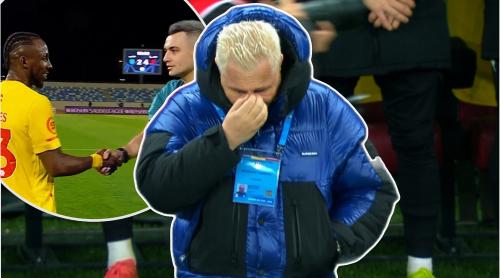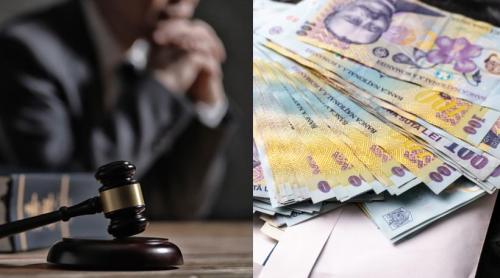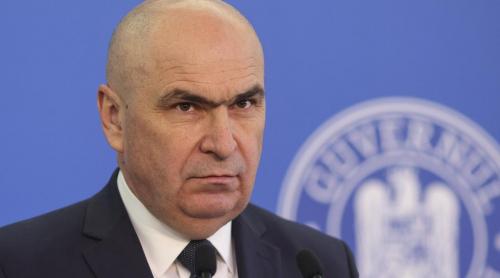
Last week, the European Commission changed the fundamentals of the energy communitarian strategy with the goal to fight the global warming, to stimulate the competition and to reduce the energetic dependency of the Union. After having to deal with the accelerated global warming process, to the increase in the price of hydrocarbon and to the problems appeared in the natural gas and oil supply from Russia, the commission has transformed the new energetic strategy into one of its main goals.
Given the context, our country has to build an energetic strategy to meet the Romanian reality and the new regulations approved by the European Commission. The energetic problem is decisive for the evolution of the Romanian economy, as well as for the national security. One of the most important objectives that the national energetic strategy has to reach is the diminution of the dependence on the imports of energetic resources. The price of the external energetic resources tends to increase, which will continue to contribute to the depreciation of the commercial balance and to the increase in the external deficits. This would affect the disinflation process and the financial stability of the Romanian economy. This way, the decrease in the energetic imports would contribute to the diminution of Romaniaâs dependence on external resources as well as to the stability of macroeconomics in the context of the European integration. The diminution of Romaniaâs energetic dependence is a major priority and the use of it must be part of a long term strategy. In the strategy project proposed by the communitarian executive, the commission intends to develop the competition on the European energetic markets. Romania needs a different management model as far as using the financial resources is concerned. Their use has to determine an increase in the budget revenues and in the competition between the Romanian companies. The Government must take concrete measures to support the production of energy from regenerative sources. The European Commission is for important investments in regenerative energy, which should reach 20% by 2020. At present it reaches 7% at most in the European Union. The Romanian authorities can support the development of regenerative energy with sums from the budget for private partnerships. According to the European regulations, the member states have the possibility to choose the regenerative energies they want to privilege. This way, the Romanian authorities have to encourage the development of the capacities for the production of nuclear energy under increased safety conditions. In the same time, the Government has to focus on the hydro energy as well as on the development of clean coal-based energy production. Due to the integration in the European unique market, Romania has to define its medium and long term priorities as soon as possible. The national energetic strategy is a major objective that all the Romanian Governments will have to take into consideration from now on.Translated by SORIN BALAN
Citește pe Antena3.ro

















